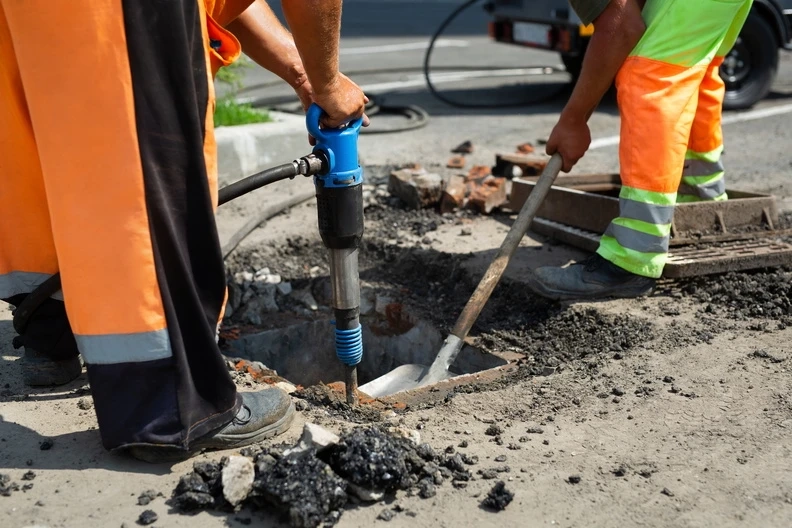Many people are familiar with what a septic tank is and its functionalities. However, when it comes to other septic systems involved such as the leach field, few people have an idea of how it works. A leach field can also be referred to as the leach field. Knowing the importance of a drain field to the septic system will allow homeowners and community members to identify problems that may occur. To fix issues, leach field maintenance can be done.
Understanding how a leach field works will allow a person to know how to lengthen the longevity of their septic system and save them a lot of money. It is also important to take note that the drain field is also the most expensive component of the septic system.
What is a leach field?
The leach field serves as an extension to the tank. It is also mentioned as the drain field because it drains the treated wastewater from the tank. The purpose of a leach field is to further treat any impurities left within the wastewater. The simplest way to explain its functions is analogous to a gastrointestinal system. Because the organic and biodegradable substances undergo the leach field, the bacteria will break them down. This is often why you have to plan a leach field maintenance schedule and don't neglect it at all costs.
How does the drain field work?
Leach fields need a large area that has unsaturated soil that has good absorbent properties to be effective in dissipating the effluent. Since there's an oversaturation of the soil, the leach fields aren't appropriate when they involve dense urban areas.
If you have a leach field, you should be fully conscious of its functionalities, particularly when it involves maintenance responsibilities. Always make sure that there are no deep-rooted plants or trees from the leach field because the roots can disrupt the tile bed or poke holes in it.
The drain field has a lot of pipelines beneath the ground. These pipes have some tiny holes on the edges and bottom. Once the wastewater goes to the pipes, it'll leach to the encompassing soil or gravel. The subsequent process is when the bacteria within the ground purify and cleanse the liquid waste, through digestion of the organic waste materials.
You have to remember that only liquid waste goes into the leach field. Every tank features a filter on the outlet pipe that prevents solid waste from getting to the leach field. The solid waste left within the tank is going to be weakened by the bacteria. The end products of the anaerobic bacterial digestion process are called scum and sludge. Both the scum and sludge build-up within the tank, which is why you ought to regularly pump your septic tanks.
Why Should You Have Regular Leach Field Maintenance?
The best way to fully understand how a leach field functions is to compare it with a sponge. As the sponge fills the water if it gets too wet, the water will flow. The leach field gets filled with sludge, and over time, it will lose the ability to hold water. The water moves upward and flows out. This is why effective leach field maintenance is needed to put the remedy in situations where the leach field has too much water.
A leach field is affected by too much water going into it. Going back to the sponge comparison, if the sponge keeps getting water without any squeezing, the water will overflow which will lead to the sponge as unusable. To use it again, it has to be squeezed or dried out. Too much water on the leach field will make it harder to keep up with the excess wastewater.
This is why it is essential to ensure that a household does not overuse water more than they need. Excessive water use will speed up malfunctions in the leach field. Some major issues involve often back-flushing or having a sump pump that is directed to the sewer line. Sump pumps can be dangerous especially during heavy rainfall as they will add more water to the basement. If possible, homeowners should avoid excessive water. If unavoidable do not use too much water to prolong the septic system.
Ms Rooter Septic Tank has a lot of experience and they are all professionals in dealing with septic systems. You will be comforted to know that your septic system is in good hands. You can visit them at 115 E Main St Ste A1B – 1019, Buford, GA 30518. You can contact Ms. Rooter Septic Tank at (770) 763 7979 or visit their website at msrooterseptictankbufordga.com


